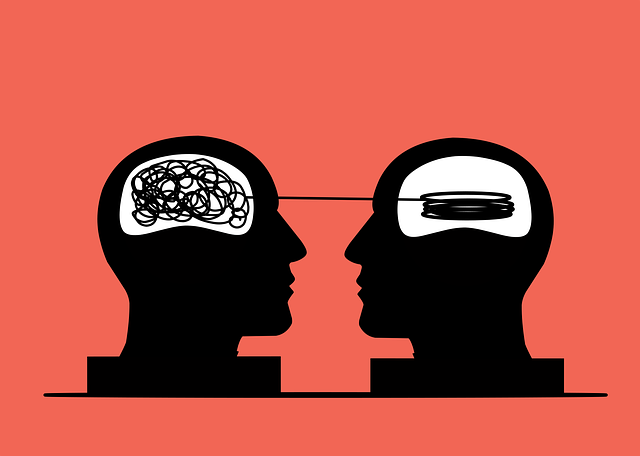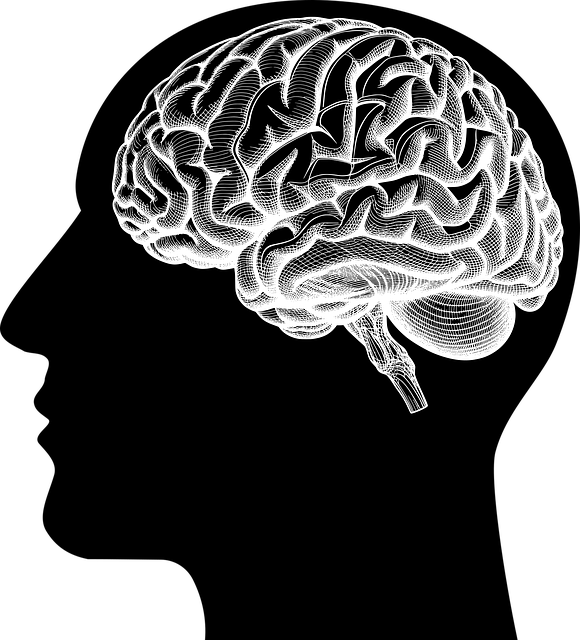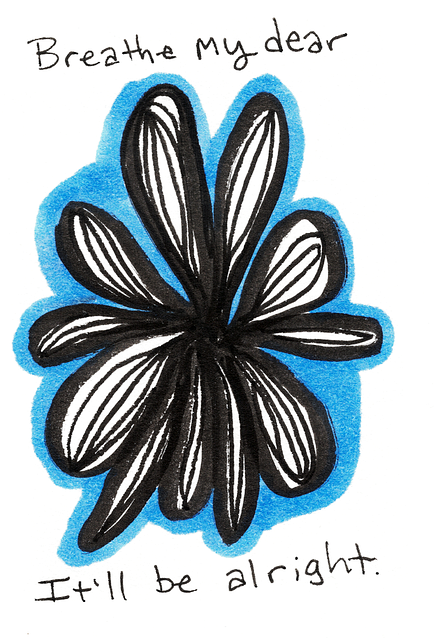Depression significantly impacts young adults, causing persistent low mood and loss of interest. Effective therapy strategies include Social Skills Training, Burnout Prevention, and Mood Management. Addressing co-occurring alcohol abuse is crucial due to rising teen consumption. Professional interventions like CBT and interpersonal therapy prevent depression, especially when integrating alcohol abuse treatment. Healthy lifestyle choices, such as exercise, balanced nutrition, and mindfulness, are key prevention methods. Building a strong support network through therapy, support groups, and self-awareness exercises enhances resilience and emotional well-being in young adults dealing with depression and alcohol abuse.
Depression is a significant mental health challenge, especially among young adults. This article explores comprehensive prevention strategies to combat this growing concern. We delve into understanding depression’s impact on this demographic and identifying subtle signs of alcohol abuse, a common co-occurring issue. Key approaches include the therapeutic benefits tailored for young adults, lifestyle modifications to boost mental resilience, and the power of support networks in prevention. By addressing these aspects, we aim to empower individuals with tools to safeguard their mental well-being, focusing on evidence-based therapy and proactive lifestyle changes.
- Understanding Depression and Its Impact on Young Adults
- Identifying Signs of Alcohol Abuse in Young People
- The Role of Therapy in Preventing Depression
- Lifestyle Changes for Enhancing Mental Well-being
- Building a Support Network for Overcoming Depression
Understanding Depression and Its Impact on Young Adults

Depression is a significant mental health challenge that disproportionately affects young adults. It’s more than just feeling sad; it’s a persistent low mood and loss of interest in activities once enjoyed, impacting daily functioning and overall well-being. For young people, this can manifest as apathy towards social interactions, academic or career aspirations, and even self-care. The impact extends beyond the individual, affecting relationships, educational pursuits, and future prospects.
While the causes of depression are multifaceted, including biological, psychological, and environmental factors, it’s not uncommon for young adults to turn to unhealthy coping mechanisms, such as alcohol abuse, as a means of managing their symptoms. This can exacerbate the problem, leading to a vicious cycle of burnout and further mood disturbances. Thankfully, therapy for young adults offers effective strategies like Social Skills Training to improve interpersonal relationships, Burnout Prevention techniques to manage stress, and Mood Management approaches to regulate emotional states.
Identifying Signs of Alcohol Abuse in Young People

Depression prevention often involves identifying and addressing underlying issues like alcohol abuse, especially among young adults. In recent years, there’s been a growing concern about the rise in alcohol consumption among teens and young adults, which can lead to serious mental health consequences, including depression. Recognizing the signs of alcohol abuse in this demographic is crucial for early intervention and support.
Young people may exhibit various behaviors when struggling with alcohol, such as increased secrecy around their actions, changes in mood and energy levels, and a sudden disinterest in activities they once enjoyed. Mental health professionals play a vital role here by integrating therapy for young adults with alcohol abuse into their practice. This involves strategies for emotional regulation and mood management tailored to this specific population, ultimately helping them develop healthier coping mechanisms and risk management planning for the future.
The Role of Therapy in Preventing Depression

Depression is a complex condition that often requires professional intervention for effective prevention and management. One of the key players in this process is therapy, which has proven to be a powerful tool in combating depressive disorders. For young adults, in particular, therapy offers a safe space to explore underlying issues contributing to their mental health struggles.
Different therapeutic approaches, such as cognitive-behavioral therapy (CBT) and interpersonal therapy, have shown remarkable success in preventing depression, especially when tailored to address specific challenges like alcohol abuse. By participating in therapy, individuals can learn valuable coping strategies, enhance their problem-solving skills, and build resilience against stressful life events. Additionally, community outreach programs that incorporate therapeutic elements and public awareness campaigns about mental health can further support young adults at risk of depression. These initiatives foster an environment where seeking help is normalized, encouraging early intervention and potentially preventing the onset or escalation of depressive symptoms.
Lifestyle Changes for Enhancing Mental Well-being

Adopting a healthy lifestyle can significantly impact mental well-being and depression prevention. For young adults, this may involve prioritizing regular physical activity, as it releases endorphins that boost mood and reduce stress. A balanced diet is another crucial aspect; ensuring adequate nutrient intake supports overall health and can improve symptoms of depression. Additionally, fostering strong social connections and practicing mindfulness techniques like meditation or yoga can create a sense of calm and resilience.
Avoiding or moderating substance abuse, particularly alcohol, is essential for maintaining mental health. Young adults who engage in excessive drinking may face increased risks of developing depression or other mental health disorders. Seeking therapy and support from mental health professionals can also be transformative. Through therapy, individuals can learn coping mechanisms, process traumatic experiences, and build resilience, all of which contribute to a more positive mindset and better long-term mental well-being.
Building a Support Network for Overcoming Depression

Building a strong support network is an essential component of overcoming depression. For young adults, this can include reaching out to trusted friends and family members who can provide emotional support and encouragement. Many individuals find solace in joining support groups where they can connect with others facing similar challenges, fostering a sense of belonging and understanding. Additionally, seeking professional help through therapy has proven effective in managing depression. Cognitive-behavioral therapy (CBT), for instance, is a popular approach that helps individuals identify and change negative thought patterns contributing to their depression.
Integrating self-awareness exercises and emotional well-being promotion techniques into daily routines can further enhance resilience against depression. Mindfulness practices, such as meditation and journaling, encourage individuals to focus on the present moment, fostering a deeper connection with their thoughts and emotions. Over time, these practices can lead to improved self-regulation and better coping mechanisms, reducing the risk of depressive episodes. Moreover, engaging in activities that promote physical health, like regular exercise or practicing hobbies, can contribute to overall resilience building and emotional well-being.
Depression among young adults is a growing concern, but with proactive measures, it can be prevented. By understanding depression’s impact and recognizing signs of alcohol abuse early on, individuals can take significant steps towards mental well-being. Incorporating lifestyle changes, such as regular exercise and mindfulness practices, coupled with building a robust support network, proves invaluable. Moreover, therapy specifically tailored for young adults plays a pivotal role in addressing underlying issues and fostering resilience. Combining these strategies creates a comprehensive approach to depression prevention, empowering young people to lead happier, healthier lives.












